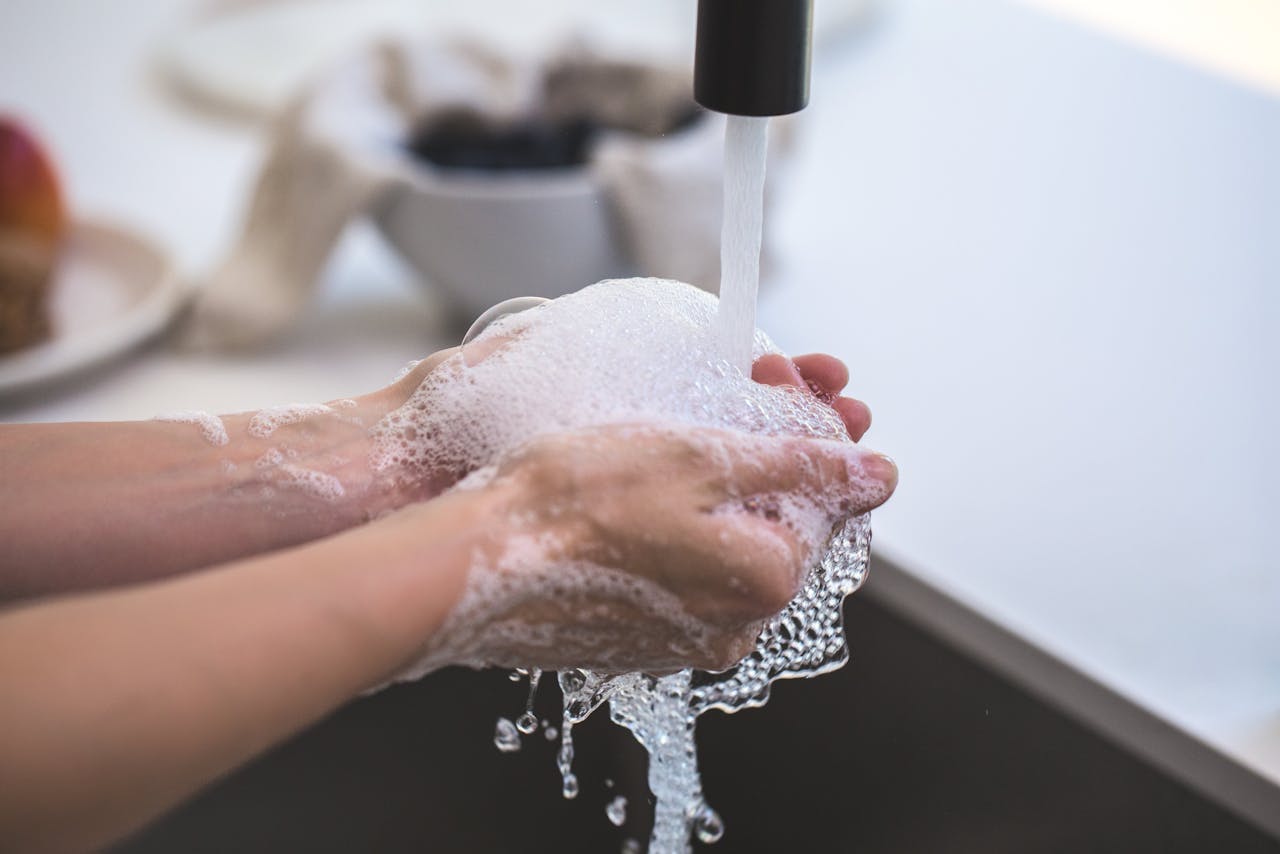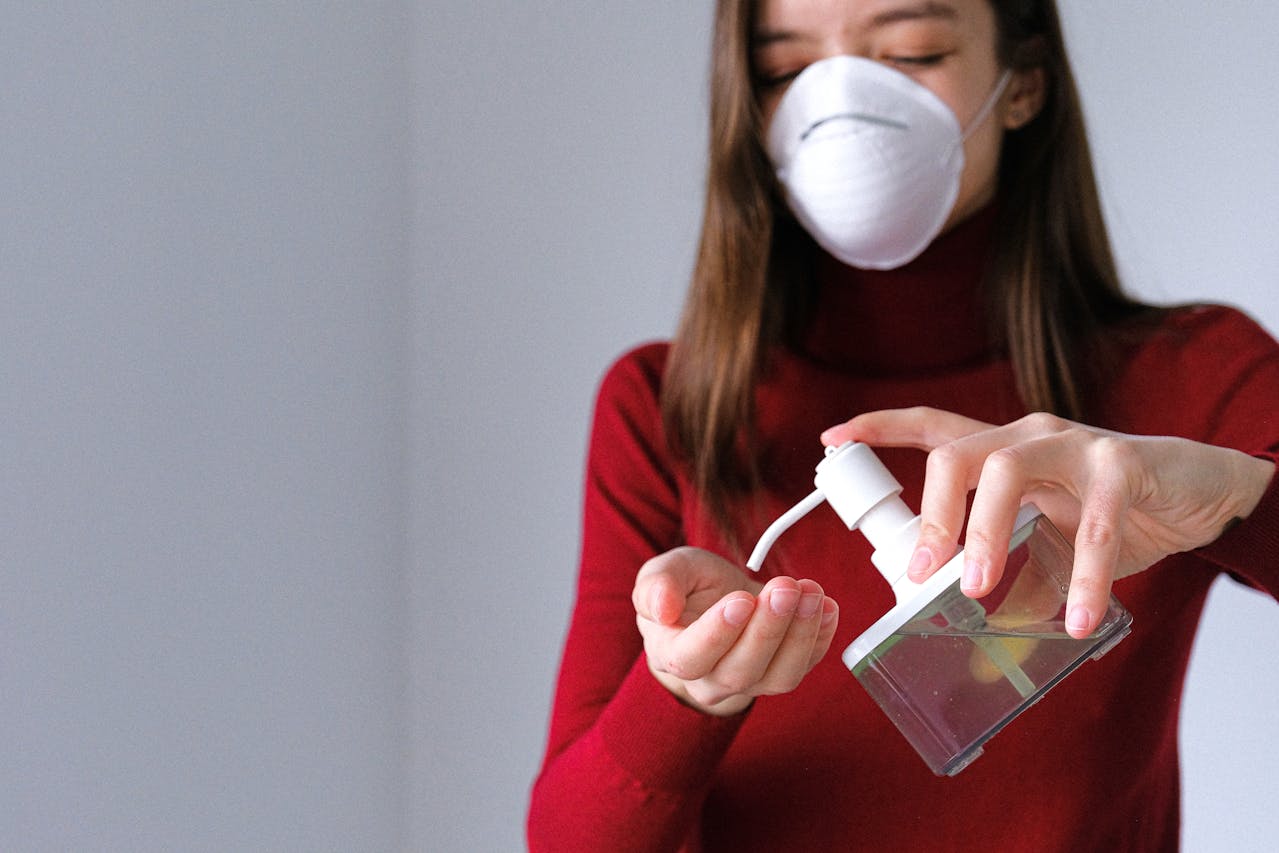The Importance of Hygiene and Personal Care
Maintaining good hygiene and personal care is fundamental to leading a healthy and fulfilling life. Proper hygiene practices prevent illness, boost self-esteem, and improve social interactions. Here's a comprehensive look at the importance of hygiene and personal care, practical tips, and the broader impact on individual and community health.


Why Hygiene and Personal Care Matter
Health BenefitsPreventing Illness: Proper hygiene practices, such as regular handwashing, oral care, and bathing, help prevent the spread of infectious diseases. Washing hands with soap reduces the transmission of pathogens that cause illnesses like the flu, colds, and gastrointestinal infections.
Oral Health: Brushing and flossing teeth daily prevent dental problems such as cavities, gum disease, and bad breath. Regular dental check-ups also play a crucial role in maintaining oral health.
Skin Health: Regular bathing and skincare routines prevent skin infections, acne, and other dermatological issues. Proper hygiene keeps the skin clean and reduces the buildup of harmful bacteria.
Psychological and Social Benefits
Boosting Self-Esteem: Good personal hygiene can significantly boost self-confidence. Feeling clean and well-groomed positively impacts one's self-image and mental health.
Enhancing Social Interactions: Maintaining good hygiene and grooming habits helps in social situations. People are more likely to have positive interactions and build relationships when they feel confident about their personal hygiene.
Promoting Professionalism: In professional settings, good hygiene and grooming are often associated with competence and reliability. It can impact job prospects, workplace relationships, and career advancement.
Practical Tips for Personal Hygiene and Care
Daily Hygiene Practices
Hand Hygiene: Wash hands regularly with soap and water, especially before eating, after using the restroom, and after coughing or sneezing. Use hand sanitizer when soap and water are not available.
Oral Care: Brush teeth at least twice a day with fluoride toothpaste. Floss daily to remove food particles and plaque between teeth. Consider using mouthwash to kill bacteria and freshen breath.
Bathing: Take regular showers or baths to keep the body clean. Use mild soap and warm water to remove dirt, sweat, and bacteria. Pay attention to areas prone to sweating, such as underarms and feet.
Hair Care: Wash hair regularly to remove oil, dirt, and product buildup. The frequency of washing depends on hair type and personal preference. Use conditioner to keep hair moisturized and healthy.
Skincare
Cleansing: Cleanse the face twice daily to remove dirt, oil, and makeup. Use a gentle cleanser suitable for your skin type.
Moisturizing: Apply moisturizer after cleansing to keep skin hydrated. Choose a moisturizer that suits your skin type (dry, oily, combination).
Sun Protection: Use sunscreen with at least SPF 30 daily to protect skin from harmful UV rays, even on cloudy days. Reapply every two hours when exposed to the sun.
Nail Care
Trimming and Cleaning: Keep nails trimmed and clean to prevent infections and maintain a neat appearance. Use a nail brush to remove dirt from under the nails.
Moisturizing: Apply hand and nail cream to keep nails and cuticles moisturized.
Clothing and Laundry
Wearing Clean Clothes: Wear clean clothes daily to prevent body odor and skin infections. Change clothes after sweating or exercising.
Laundry: Wash clothes regularly, following care instructions to maintain their condition and hygiene.
Impact on Community Health
Reducing Disease Spread: Good personal hygiene practices reduce the spread of infectious diseases within communities. When individuals practice proper hygiene, the transmission of pathogens is minimized, leading to healthier communities.
Promoting Public Health: Public health campaigns often focus on hygiene education to prevent outbreaks of diseases. Simple measures like promoting handwashing in schools and workplaces can have a significant impact on overall community health.
Economic Benefits: Reducing the incidence of illness through good hygiene practices can lower healthcare costs and reduce absenteeism in schools and workplaces. Healthy individuals contribute more effectively to the economy and society.


The importance of hygiene and personal care cannot be overstated. Beyond the obvious health benefits, maintaining good hygiene enhances self-esteem, social interactions, and professional success. By adopting simple daily practices and being mindful of personal care, individuals can lead healthier, happier lives and contribute positively to their communities. Prioritizing hygiene is a small but powerful step toward overall well-being.












